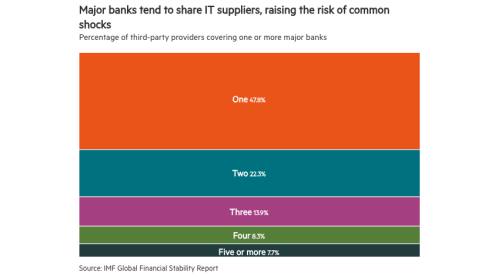Black market trading of dollars for Lebanese pounds is reported to have hit a record low in early March of L£10,000 to the dollar. Although rates have since recovered they still remain much below the country’s official exchange rate.
The Lebanese pound has officially been pegged to the dollar at a fixed rate of about L£1,500 since 1997. However, in recent years a black market for dollars has emerged, driven by rampant inflation and Lebanese citizens limited ability to access dollars via official channels. This is significant because much of Lebanon’s economic activity is conducted in dollars rather than in Lebanese pounds.
Lebanon’s citizens have seen their living costs continue to rise and wages fall, leading to considerable unrest in recent weeks. Lebanon’s economy was already unstable prior to August’s explosion in capital city Beirut’s port, which killed more than 200 people. But the political crisis following those events, which saw prime minister Hassan Diab leave office without a firm replacement, has only added to the disruption.
Lebanon’s banks too are caught in economic limbo. Since late 2019 measures have been in place significantly restricting customer withdrawals from their accounts, particularly in dollars. Against an unstable backdrop and with economic activity stalling, banking profitability has collapsed in the past two years. For example, three out of four of Lebanon’s largest banks saw their return on assets ratio fall to below 0% in 2020. Pre-tax profits also collapsed in this period, with Bank Audi, Byblos Bank and Fransabank all making a loss in 2020.











